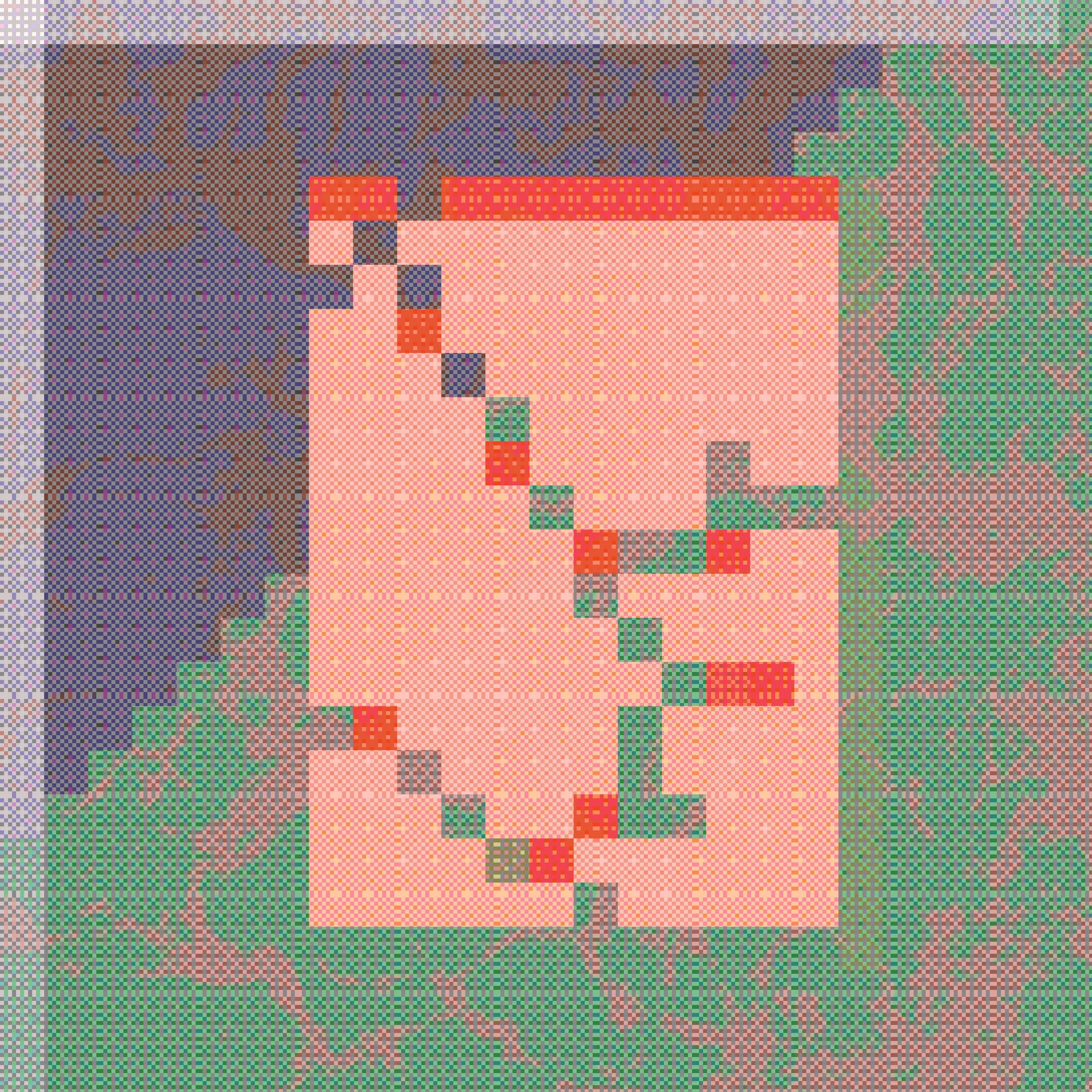Building and Re-Building Community: Conversations at the Read Quebec Book Fair
The Read Quebec Book Fair, photo via AELAQ
On November 3rd and 4th, the 8th annual Read Quebec Book Fair transformed Concordia’s McConnell Atrium into a warmly lit, buzzing market for English-language books, magazines, and translations. The event series is organized by the Association of English-language Publishers of Quebec (AELAQ) in partnership with the Quebec Writers’ Federation (QWF). Publishers with a stall at the book fair included Maisonneuve, Drawn and Quarterly, Metonymy Press, Vehicule Press, Concordia University Press, and many more. The book fair represented the diversity of the anglophone literary scene in Quebec, showcasing a multitude of voices, styles, and genres as well as making space for emerging writers and publishers. The attendees were not only able to peruse titles and make purchases, but also to form connections with local writers, publishers, and translators in an intimate setting. The space was alive with conversations about old favourites and new discoveries.
In addition to the market, the book fair also offered a series of public literary events. On the first afternoon, the eight finalists for the Quebec Writers’ Federation Spoken Word Prize did live performances of their work. Nour Abi-Nakhoul from Maisonneuve, Leigh Nash from Assembly Press, and journalist Adam Leith Gollner spoke about how to “Perfect Your Pitch” for those interested in non-fiction and magazine writing. Billy Mavreas gave a workshop to children on how to create their own comic strips and write postcards to their future selves. Catherine Hernandez—Toronto-based author of Scarborough, Crosshairs, and The Story of Us—also participated in the book fair this year. She took part in a conversation with Linda M. Morra and author Eva Crocker for the live podcast recording of Getting Lit with Linda. She also attended the screening of the film adaptation of her novel Scarborough, an event co-sponsored by Image+Nation Queer Culture, Montreal’s queer film festival, and the queer reading series Violet Hour.
It is clear that the Read Quebec Book Fair emerges from a web of collaborations and seeks to create and maintain ties within Montreal’s anglophone literary community. I had the pleasure of speaking with Rebecca West, executive director of AELAQ, as well as Catherine Hernandez. We discussed the significance of public literary festivals, the opportunities and challenges of various storytelling mediums, and issues around representation.
West remarked that the Read Quebec Book Fair started as a holiday book fair: “The initial thinking was to offer publishers a way to connect with their readers ahead of the holiday gift-giving season, which is the biggest book-buying time of the year across the country.” However, attendees started to value the book fair for how it helps them navigate the Quebec English-language literary landscape and, accordingly, the organizers’ objectives have transformed since its inception. The timing of the book fair has also shifted further back from the holiday season, landing on what is for many a rather challenging time of year with the fall semester in full swing and the people of Montreal adjusting to the loss of daylight, colour, and warmth outside. However, it is during these periods that occasions for community building offer the most solace. “It’s still a nice opportunity to get gifts a bit earlier.” said West, “but mostly, it’s a really beautiful opportunity for publishers and authors to connect directly with their readers and have conversations with them. We do have such a nice English-language literary community in Montreal. That’s my favourite thing about the fair.”
Linda M.. Morra and Catherine Hernandez recording Getting Lit with Linda, photo via AELAQ
The book fair also responds to the challenges faced by the local literary community. Local publishers and booksellers have a limited reach compared to larger presses and corporate distributors and are often squeezed out by the latter. Long-form cultural magazines are shuttering left and right, or otherwise struggling to survive because of limited—and, sometimes precarious—funds. The increased cost of living makes it more difficult for writers to devote time to their creative practice, let alone to engage with their audiences, and our cultural habits are also increasingly algorithmically siloed and directed away from local writing. Visibility alone is not a solution to these problems, but it is nonetheless important for maintaining the relevance of local publishing.
West also points out more specific challenges to the English-language literary community in Quebec: “There’s something to be said about maintaining and strengthening ties in the English-language literary community, especially when we’re seeing what feel like threats to the strength of the community – whether it’s tuition hikes for out-of-province students that have just been announced, or new language laws that are limiting access to services for English-language folks. Our mission, at its core, is always about promoting books but, as part of that, we’re strengthening ties within the community.”
Hernandez also foregrounded the value of having real-life encounters with writers at a time when many of our engagements with literature take place online. She suggested that online forums can, at times, encourage impulsive, rigid reviews of literary works rather than thoughtful discussions of how these texts function and connect with the wider world. “[I love the way] that a festival allows people to be in the same space and see each other’s humanity,” she says, “It also gives me the opportunity to read the book [out loud] because there is always this oral aspect to my work that comes from having worked in theater and now in film.”
In our discussion and throughout the book fair, Hernandez gestured to what is distinctive about different kinds of storytelling—literature, theater, film—as well as how one can experiment with their boundaries. “I think a major thing you’ll see from Crosshairs onwards is that I always try to name the audience,” she tells me. “In theater, that’s really a common practice… In Crosshairs, the reader is addressed as the long-lost lover of a character named Kay. In The Story of Us, they are spoken to as Liz, the elderly client of the protagonist MG… In naming the audience, you are almost saying ‘you’re part of this journey’… It also just helps you understand why you are being told this story now. It doesn’t take the reader for granted. I love the immediacy of it. I don’t know if I’m going to use this technique in all of my books but, for me, it’s really a call back to my theater roots.”
The Read Quebec Book Fair, photo via AELAQ
Hernandez also described adapting her novel to film as a way of revising and reimagining the text, with members of the cast and crew bringing in their own interpretations of the story. “What is so beautiful about filmmaking is that it’s not just you. You’re collaborating with a whole bunch of different energies. There were 300 people who touched this film to make it a success. That means that they are bringing their artistry into the work and bringing it to life in a way I never believed was possible.” At the same time, she describes learning to account for the financial expense of making creative decisions in film and television: “If I make a change in my book—a location change, a character change—it doesn’t cost anything. Whereas in film and television, when you make creative choices, it could cost thousands. Something I didn’t truly understand right away when I was writing the screenplay was how my decisions were going to impact the budget.” While financial limits are particularly decisive in film and television, Hernandez reminds us to examine the material conditions (money, resources, space) that enable and limit art.
Hernandez also spoke about her reckoning with performative inclusion within literary institutions. In recent years, there has been a trend of many of these institutions using their publicly stated commitment to diversity merely as window dressing. “I don’t think people who considered themselves allies really understood that when you give QTBIPOC a space at the table, you actually have to listen to what they are saying and maybe change the DNA of your organization in a progressive direction. A lot of organizations were not willing to do that.” In particular, Hernandez takes issue with the way that racialized people who are included in the fold are implicitly and, sometimes explicitly, asked to be understated about their politics. However, she believes herself to be surrounded by writers who do not acquiesce to these demands: “I definitely am part of a beautiful, burgeoning community of QTBIPOC authors who are not afraid to be a bit more brazen with their politics and to tell undertold or untold stories of Canada. When we’re in a world where storytellers are being silenced when they speak about genocide and [advised] instead to appear neutral in situations [of injustice].” Hernandez was a crucial voice at the Read Quebec Book Fair; she sees the importance of not only celebrating the literary community but also critically (and bravely) responding to the institutional challenges encountered by storytellers.
Oftentimes our engagement with literature tends to be solitary; we read alone at home, at a cafe, or in our offices. The Read Quebec Book Fair represents an occasion to engage with books collectively. Moreover, through talks, panels, and workshops, it offers much-needed space for reflection about reading and writing: what are the lenses through which we can understand a work of literature? How do literary works resonate with ongoing issues in our world? How can we present our work to publishers so that we can reach our audiences? How can we utilize different modes of storytelling? What is standing in the way of meaningful representation? These sorts of conversations are essential in facilitating in-depth engagements with literature, and for ensuring that our literary communities are viable and constantly evolving.

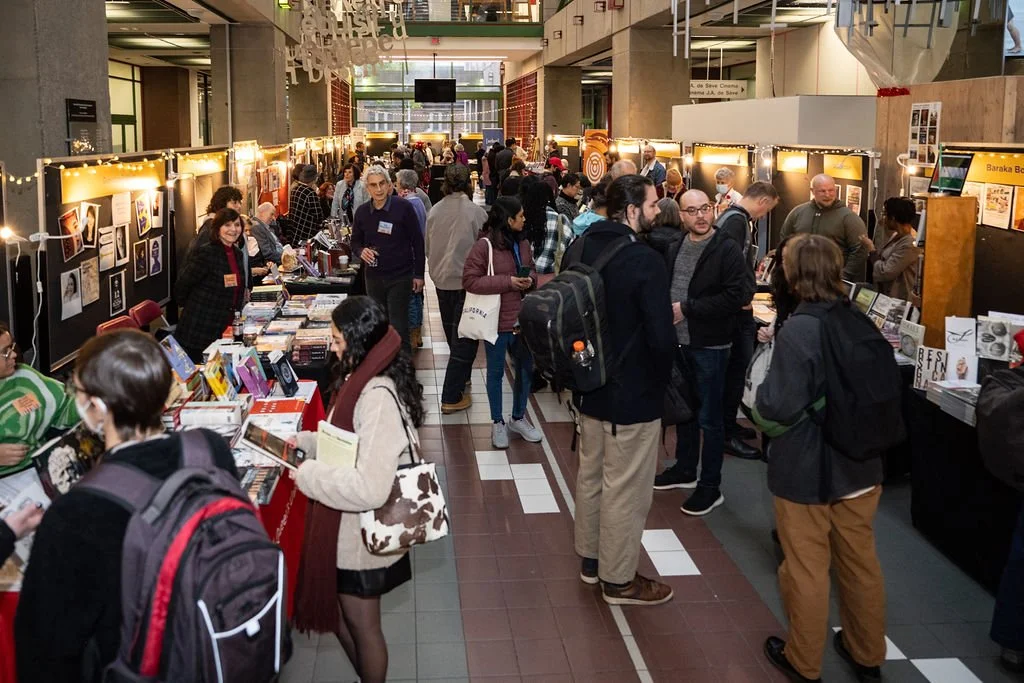
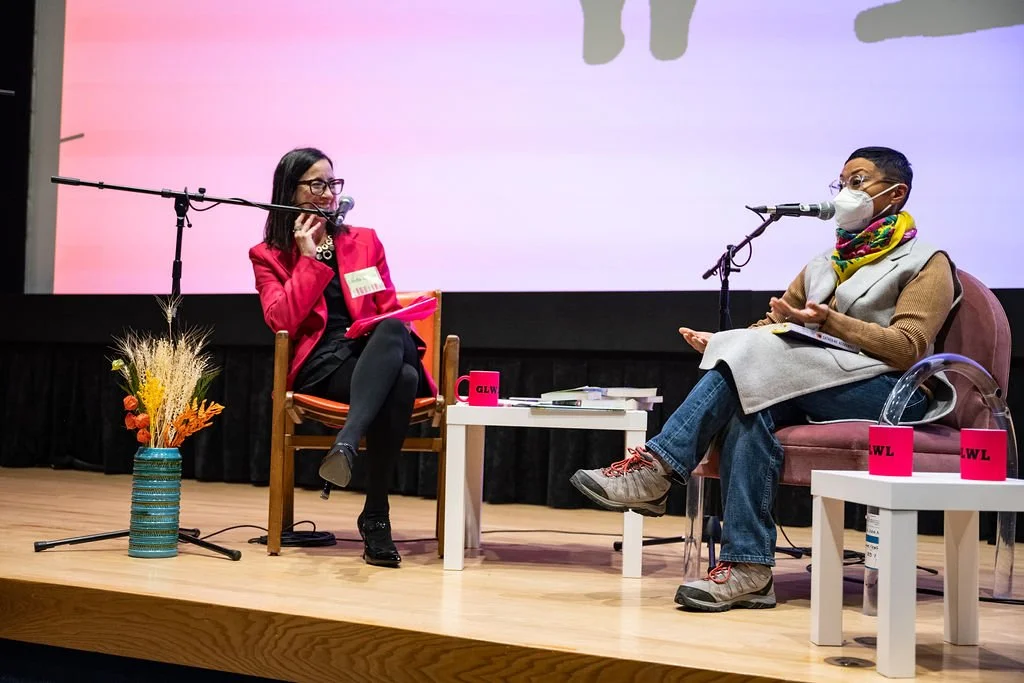
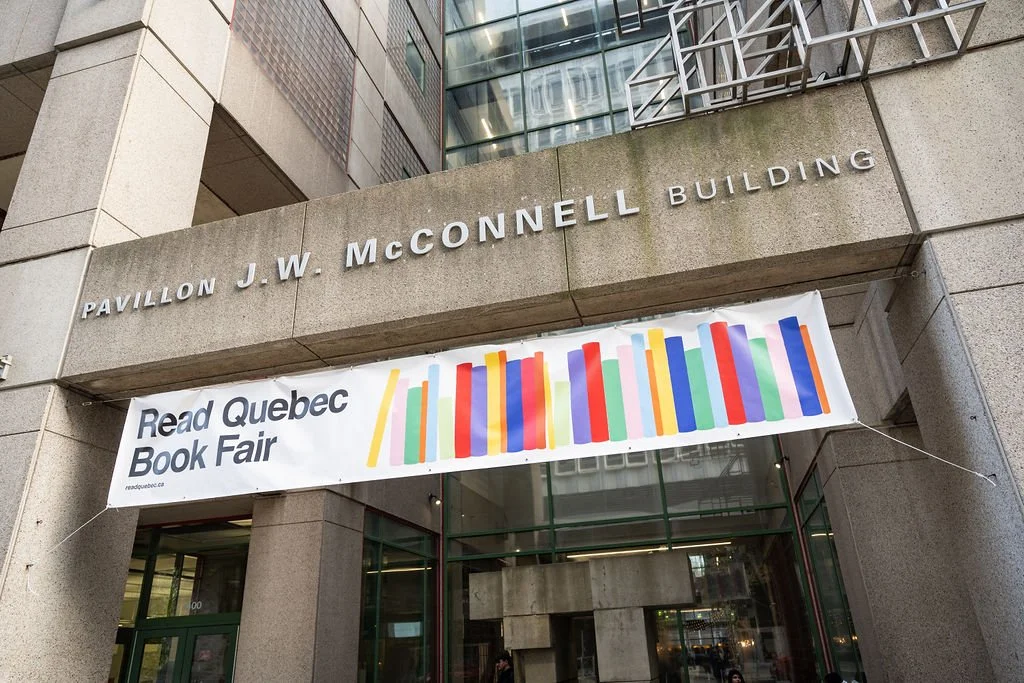



















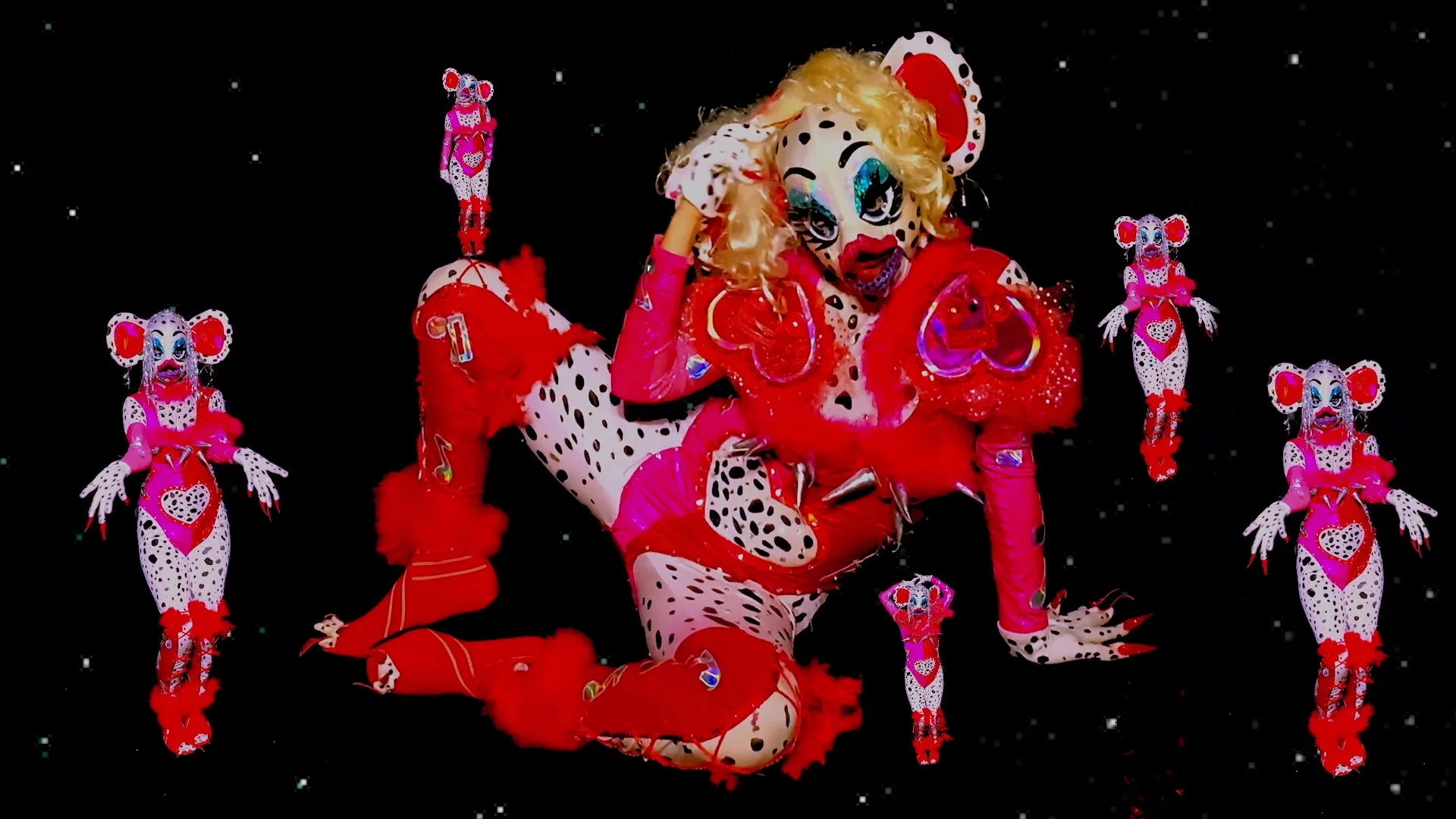






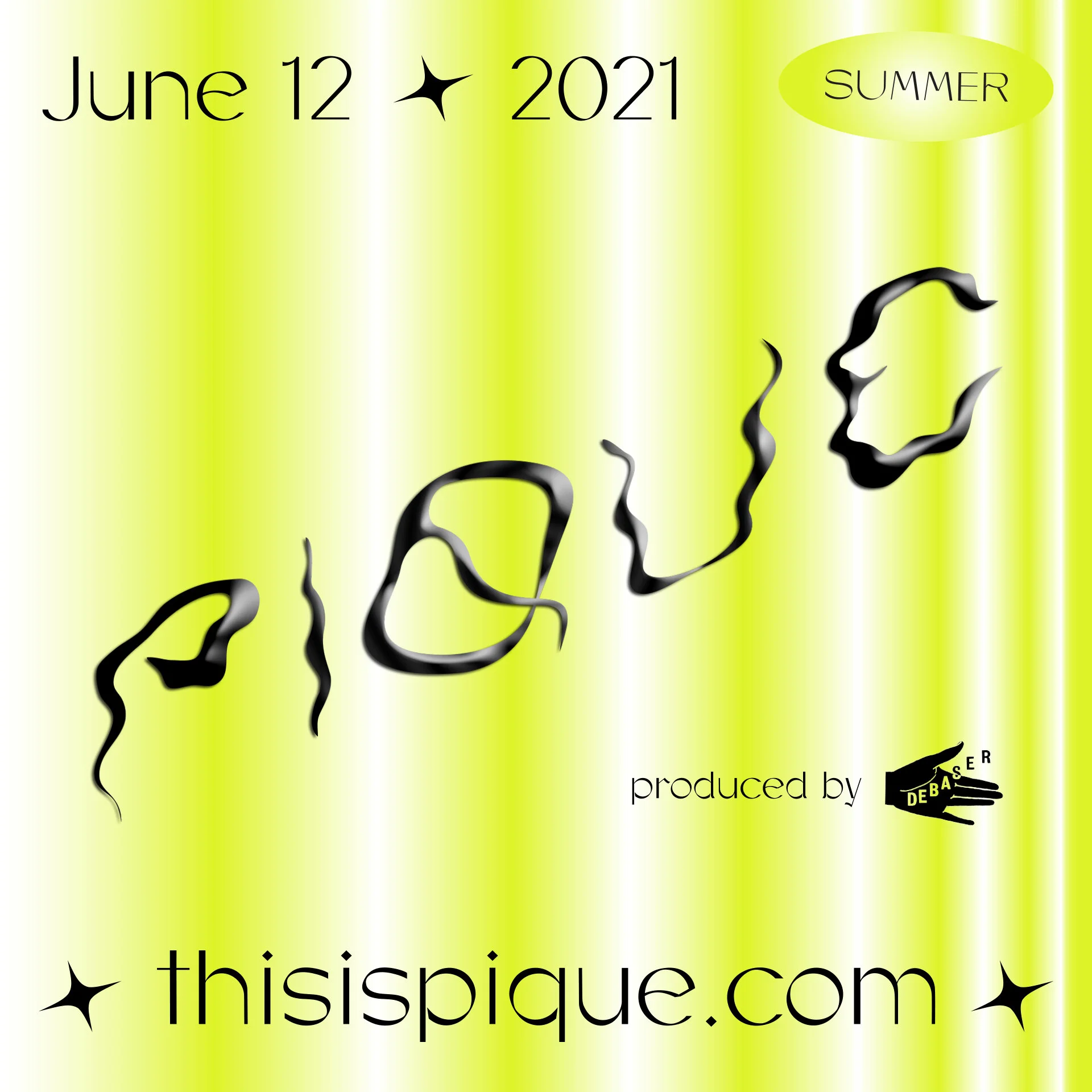
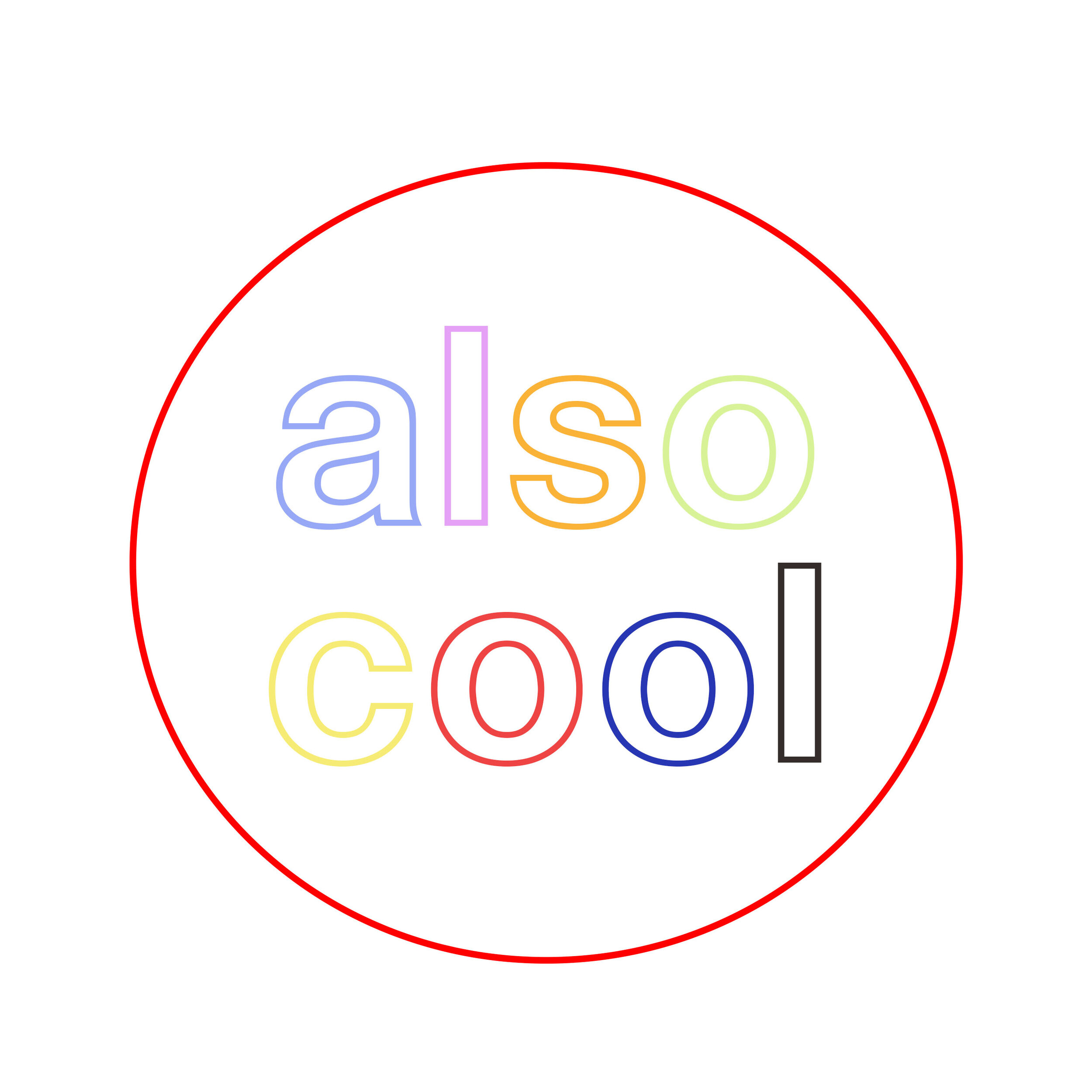






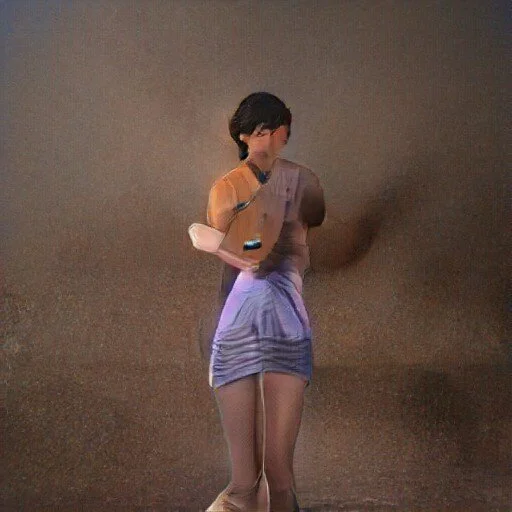
![AI-generated image for “from [ ] [ ] of what remains, With little else [ ] [ ] who complains?” by Matthew Whitton. Photo courtesy of artbreeder.com](https://images.squarespace-cdn.com/content/v1/5da4c68a227a253ac912f3a7/1629286297396-RLX4JXFW9XK4E2XWSCRO/Matthew+Whitton.jpeg)








